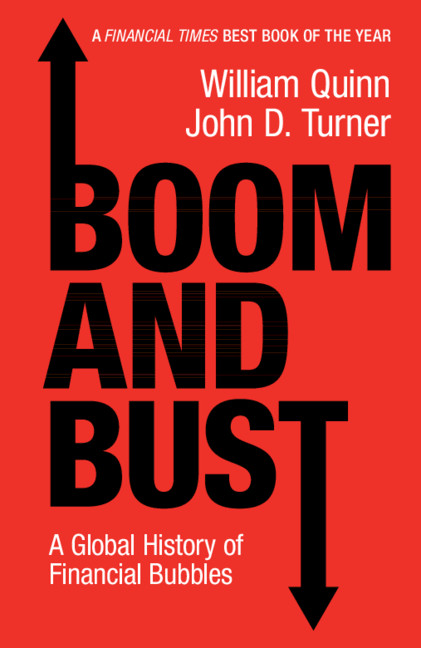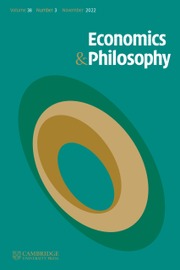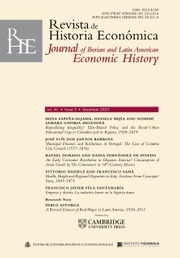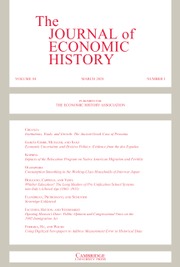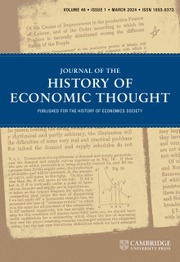On Financial Reform
Prior to its publication in 1830, the draft of this work by Sir Henry Parnell, later Baron Congleton (1776–1842), was praised by John Stuart Mill, who said he could 'not see that it is possible to lay down the principles of political economy more broadly'. Chair of the select committee on public income and expenditure during the Duke of Wellington's first ministry, Parnell called for greater retrenchment and reduced taxation. He also argues here that 'the passage of merchandise from one state to another … ought to be as free as air and water', denouncing the supporters of protection as 'among the greatest enemies of mankind'. A later pamphlet by Parnell, A Plain Statement of the Power of the Bank of England (1832), highly critical of the Bank's monopoly, is included in this reissue. His Treatise on Roads (1833) is reissued separately in the Cambridge Library Collection.
Product details
August 2014Paperback
9781108068482
470 pages
216 × 140 × 27 mm
0.59kg
Available
Table of Contents
- Part I. On Financial Reform:
- 1. Taxation
- 2. Taxes on raw materials
- 3. Taxes on manufactures
- 4. Taxes on luxuries
- 5. Taxes for protecting agriculture
- 6. Taxes for protecting manufactures
- 7. Effect of repealing taxes in making others more productive
- 8. Retrenchment
- 9. Collection of the revenue
- 10. Bounties
- 11. Management of the public expenditure
- 12. Civil government
- 13. Military expenditure
- 14. Slave trade
- 15. Colonies
- 16. Ireland
- 17. Summary of retrenchment
- 18. New taxes
- 19. The national debt
- 20. Future war expenditure
- 21. Loans in nominal capital
- 22. Terminable annuities
- 23. Accumulation of capital
- Appendix
- Part II. A Plain Statement of the Power of the Bank of England, and of the Use it Has Made of it.


